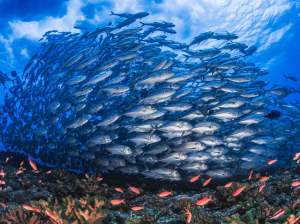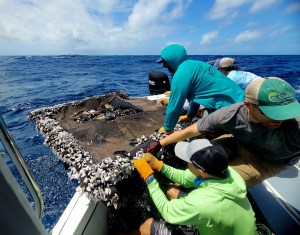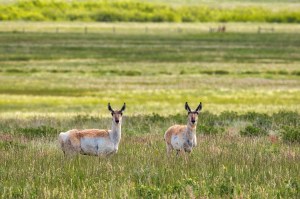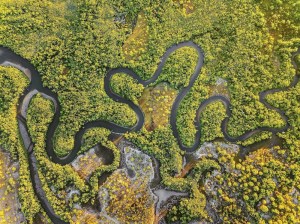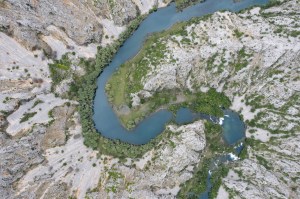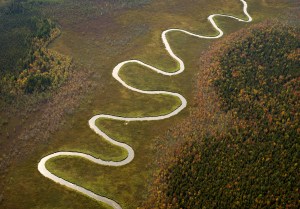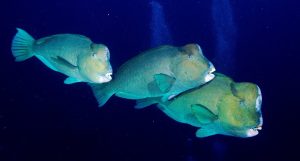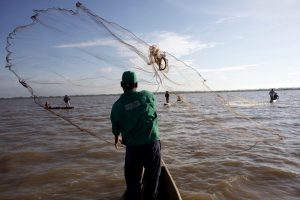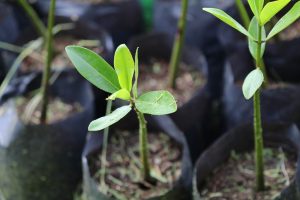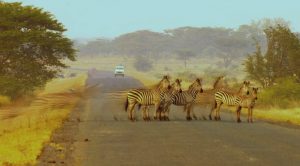Discover stories in Biodiversity + Protected Areas
Fish Aggregating Devices Could Enhance the Effectiveness of Blue Water Marine Protected Areas
Research from TNC’s Palmyra Atoll suggests fish aggregating devices could increase the time mobile species spend within blue water MPAs.
How to Catch a Wild dFAD
A small boat, four people, 500 pounds (or more) of rope, netting, floats, rafts and sometimes barnacles. Gloves definitely required.
Caught on Camera: the Long-Nosed Chilean Shrew Opossum
Camera traps in the Valdivian Coastal Reserve document an increase in sites where one of Chile's least-known marsupials is known to live.
Pronghorn Place: Preserve Protects Wildlife Migration Route
On Idaho's Flat Ranch Preserve, pronghorn have room to roam.
Mapping the Planet’s Critical Areas for Biodiversity & Nature’s Contributions to People
New science points to areas where conservation can provide 90% of nature’s contributions to people and meet biodiversity goals.
Prioritizing Land Protection to Save Mammals from Extinction
A new study identifies habitats where strengthening existing conservation protections can reduce extinction risk for mammals.
Making Global Freshwater Targets Local
Creative solutions that go beyond conventional protected areas are necessary to safeguard the future of global freshwater ecosystems.
Why Protected Areas Must Consider What’s Beneath the Surface
New research finds that 85% of protected areas with groundwater-dependent ecosystems have groundwatersheds that may be underprotected.
For Parrotfish, One Protected Area Isn’t Enough
Research from the Solomon Islands finds that populations of bumphead parrotfish rely on larvae from other reefs, meaning they’re unlikely to rebound if the entire region is overfished.
Protected Areas are Vital, but they are not Enough for Lasting Biodiversity Conservation
Sustaining global biodiversity requires broadening the area-based conservation toolkit beyond protected areas.
Biodiversity Conservation: 7 Principles for Matching Goals with Actions
Scientists offer 7 key principles to help achieve the Convention on Biological Diversity’s 2050 vision: living in harmony with nature.
Saving Animals by Mapping Their Migrations
Maps that display migration data with the human connections and livelihoods can help advance sustainable conservation.
